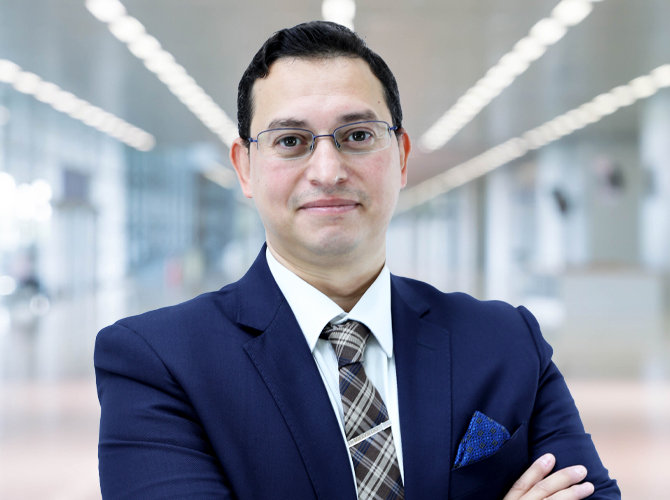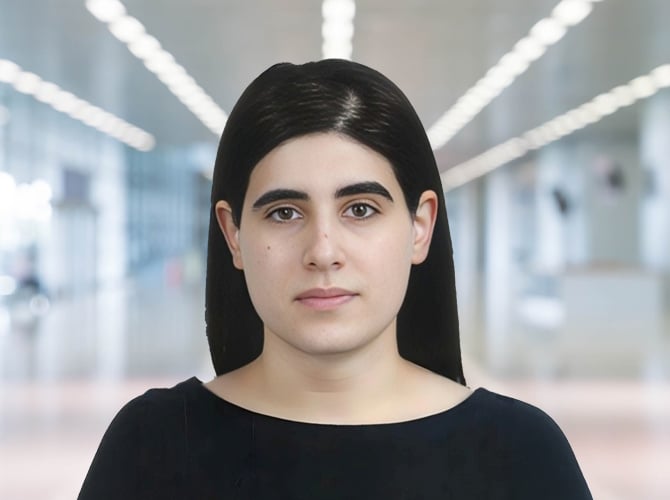Depression in Children
Depression in Children
When a Child’s Smile Starts to Fade — We’re Here to Listen

At KidsHeart Medical Center, we help children who seem more withdrawn, more tearful, or simply not themselves.
Depression isn’t just an adult issue children and teens can experience deep sadness, low self-worth,
or loss of interest in the things they once loved, and unlike mood swings or bad days, depression sticks around.
Our child psychology team offers gentle evaluations, thoughtful counseling, and parent support across Abu Dhabi, Dubai, and Al Ain.

What is Childhood Depression?
Depression in children is a persistent mood disorder that affects:
- Emotions (sadness, irritability, hopelessness)
- Behavior (withdrawal, aggression, low energy)
- Thinking (self-blame, difficulty concentrating)
- Physical well-being (sleep, appetite, fatigue)
Common signs include:
- Losing interest in play, friends, or school
- Tearfulness or frequent complaints of “boredom”
- Changes in sleep or eating habits
- Saying things like “I’m no good” or “I wish I weren’t here”
- Avoiding family, isolating, or seeming numb
It’s not just “a phase.” It’s a real condition that needs a real response.
When Should You Seek Help?
Consider an evaluation if your child:
- Has been sad, irritable, or withdrawn for more than 2 weeks
- Is losing interest in friends or activities
- Complains of physical aches without clear cause
- Talks about feeling worthless or not wanting to wake up
- Has had major changes in behavior or personality
- Is facing bullying, grief, or recent trauma
Trust your instincts — you don’t need to wait for things to get worse to reach out.
How We Evaluate and Support Children With Depression
Our care approach includes:
- Confidential Parent and Child Interviews: We create a safe space to explore emotions, behaviors, and triggers.
- Validated Screening Tools: These help us gauge the presence and severity of depressive symptoms.
- Mental Health and Development Review: We assess for co-occurring concerns like anxiety, ADHD, or family stress.
- Collaborative Counseling Plan: We create a support path that may include talk therapy, cognitive behavioral therapy (CBT), and family guidance.
- Monitoring and School Support: If needed, we communicate with schools to help reduce academic stress and improve emotional safety.
The goal isn’t to rush into treatment — it’s to understand, support, and guide recovery.
Why Families Trust KidsHeart
- Child psychologists with expertise in emotional and behavioral health
- Calm, non-judgmental conversations with children and parents
- Evidence-based therapy models tailored to each child
- Guidance for school stress, family communication, and peer issues
- Available in Abu Dhabi, Dubai, and Al Ain
- Because your child’s mental health deserves as much care as their physical health.
Worried Your Child Might Be Struggling Inside? Let’s Talk Together
A child who used to play often with friends may now spend most of the time alone and without interests. Things that were once fun now bring little joy to the depressed child. Children who are depressed may say they want to be dead or may talk about suicide. Depressed children are at increased risk of committing suicide.
Children who cause trouble at home or school may also be suffering from depression. Because the youngster may not always seem sad, parents and teachers may not realize that troublesome behavior is a sign of depression. When asked directly, these children can sometimes state they are unhappy.
Early diagnosis and treatment are essential for depressed children. Depression is a real illness that requires professional help. Comprehensive treatment often includes both individual and family therapy. For example, cognitive behavioral therapy (CBT) and interpersonal psychotherapy (IPT) are forms of individual therapy shown to be effective in treating depression. Treatment may also include the use of antidepressant medication. For help, parents should ask their physician to refer them to a qualified mental health professional, who can diagnose and treat depression in children.
We provide a full assessment profile for depression in children with psychotherapeutic intervention through the cognitive behaviour therapy approach and schema therapy.
Frequently Asked Questions (FAQs)
No. It affects more children than many realize, especially in later primary and teen years.
No. Honest conversation reduces isolation and opens the door to healing.
Not always. Some show anger, numbness, or “acting out” instead.
In most cases, therapy is the first step. Medication is considered only if symptoms are severe or persistent.
A major one. We involve parents in support strategies, emotional coaching, and understanding the child’s experience.








